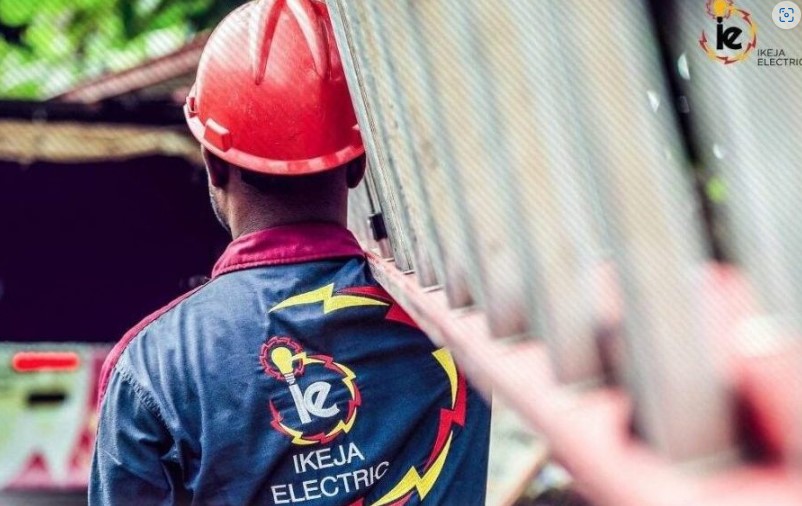
Electricity Tariff: 85.2% of households in Nigeria are still on estimated billing – Report
A new report by the National Bureau of Statistics (NBS) reveals that 85.2% of Nigerian households still rely on the estimated billing model for electricity tariffs.
The findings were published in the Nigeria Residential Energy Demand-Side Survey Report 2024 released by the Bureau on Wednesday.According to the report, only 14.8% of households use the prepaid billing system during the period under review.
The survey, which focuses on nine states across the six geopolitical zones — Southwest, Southeast, South-south, Northwest, Northeast, and North-central — further indicates that households receive an average of 6.6 hours of electricity per day. This is significantly lower than the 20-hour target for Band A customers, who, according to regulators, account for 15% of electricity consumers.
Breakdown of the Report by States
The report examines various states across Nigeria, including Oyo in the Southwest, Enugu in the Southeast, Bauchi in the Northeast, Kwara in the North-Central region, Akwa Ibom in the South-South, and Sokoto in the Northwest, among others.
A deeper state-level analysis of the estimated billing system highlights Bauchi State as having the highest proportion of users under this system, recording 97.9%.
Sokoto State follows closely with 97.3%, while Plateau State reported the lowest rate of reliance on estimated billing at 69.1%.
Conversely, the pre-paid billing system showed a different pattern. Plateau State had the highest adoption of prepaid meters, with 30.9% of consumers utilizing this system, followed by Oyo State at 27.6%.Bauchi State, which predominantly uses the estimated billing system, recorded the lowest adoption of prepaid meters, with just 2.1% of its residents using them.
Monthly Expenditure on Electricity
The report also provides insights into the average electricity expenses incurred by households across the country. On average, a household spends an estimated N4,155.8 per month on electricity.
Further analysis by state reveals that Enugu State reported the highest average monthly electricity expenditure at N7,319.4, followed by Plateau State at N6,153.6, while Bauchi State recorded the lowest with N2,647.7.Additionally, among households with access to solar electricity across the surveyed states, 90.9% utilized solar home systems, while 9.1% relied on solar mini-grids during the reference period.
What you should know
Earlier in 2024, the Nigerian Electricity Regulatory Commission (NERC) instructed the 11 electricity distribution companies (DisCos) to set aside N275 billion for meter procurement from 2024 to 2027.The Minister of Power, Bayo Adelabu, estimates that between 7 to 8 million customers nationwide remain unmetered.
In support, the World Bank introduced a $500 million metering program, allocating $155 million to provide meters for consumers and $345 million to assist DisCos in enhancing electricity supply.Nairametrics previously reported that Adelabu confirmed the government has received part of the World Bank’s allocation, with 1.8 million meters en route to Nigeria to address the issue of estimated billing.
Source:- Nairametrics
Now Playing: Love Bug
Aretti Adi
SPONSORED LINKS
LOAN FOR TRAVEL, VISA, JAPA, PoF UP TO N200M (CLICK HERE)
[CLICK HERE] For Music Artwork, Website Design And SEO Setup
INSTALL 9JAFLAVER MUSIC APP, STREAM, DOWNLOAD, AND PLAY MUSIC OFFLINE
CHECK OUT FUNNY PICTURE AND MEME HERE (CLICK HERE)
Chissom Anthony – Glory To God In The Highest [See Trending Gospel Song]
Copyright © 2014-2026 9jaflaver. All Rights Reserved.
About us | DMCA | Privacy Policy | Contact us
| Advertise| Request For Music | Terms Of Service
9jaflaver is not responsible for the content of external sites.